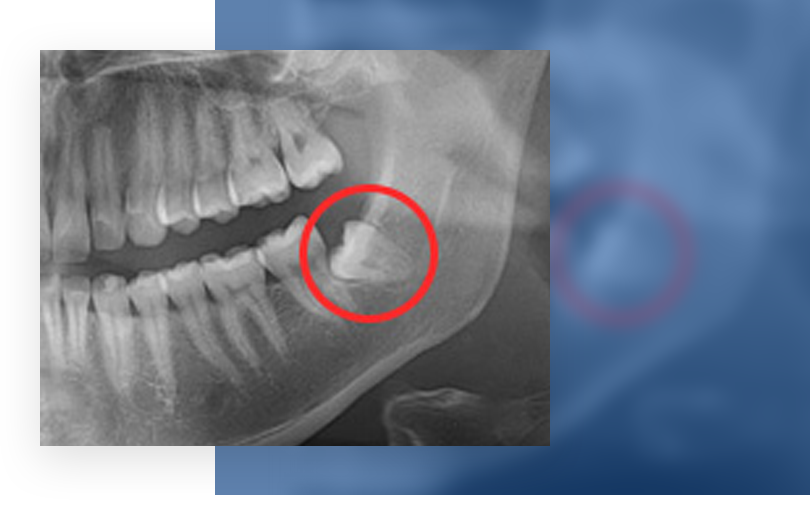Some Known Questions About After Wisdom Teeth Removal.
Follow your physician's instructions on: Bleeding, Since you heal from your surgery. Some type of blood may occur the day following wisdom tooth removal. Attempt to avoid excessive spitting so that you don't dislodge the blood clot. Replace gauze over the extraction site as instructed by your dentist or oral surgeon.

As instructed by your surgeon or dentist, use an ice pack. Any of your cheeks improves in two or three days. Bruising can take a few days to solve. Activity. Following your surgery, plan to rest for the rest of the day. Resume normal activities the following day, but for at least a week, avoid strenuous activity that may result in losing the blood clot from the socket.
Drink a great deal of water. Don't drink beer, carbonated, caffeinated or warm drinks in the initial 24 hours. Since the sucking action can dislodge the blood clot out of the 23, don't drink using a straw for at least a week. Food. Eat only soft foods, such as yogurt or applesauce, for the initial 24 hours.
Avoid hot, chewy, hard or spicy foods that might get irritate the wound or stuck at the socket. Cleaning your mouth. Don't brush your teeth, rinse your mouth, then spit or use toothpaste during the initial 24 hours. Typically you're going to be advised to restart brushing your teeth following the first 24 hours.
Unknown Facts About Wisdom Teeth Growing In
Tobacco use. If you smoke, then do not do following operation and wait for longer than that if possible. If you chew tobacco, don't use it for at least a week. Using tobacco products following operation increase the chance of complications and can delay healing. Stitches.



To prevent potential issues, dental surgeons and some dentists recommend wisdom tooth extraction if impacted teeth aren't currently causing difficulties. Why it is done jagged teeth, or third molars, will be the last permanent teeth to appear (erupt) from the moutharea. These teeth usually appear between the ages of 17 and 25.
For others, wisdom teeth cause no issues and erupt normally just as their molars did. Impacted wisdom teeth teeth that don't have room are developed by folks. Impacted wisdom teeth can erupt only partially or not at all. An impacted wisdom tooth can: Grow at an angle toward another tooth (second molar) Grow at an angle toward the back of the mouth Grow in a ideal angle to the other teeth, like the wisdom tooth is"lying down" inside the jawbone Grow straight up or down like other teeth but remain trapped within the jawbone Problems with impacted wisdom teeth You'll likely want your affected wisdom tooth pulled if it results in problems like: go Infection Trapping food and debris behind the wisdom tooth Illness or gum disease (periodontal disease) tooth decay in a partially erupted wisdom tooth Damage into a nearby tooth or surrounding bone growth of a fluid-filled sac (cyst) round the wisdom tooth Complications with dental treatments to straighten different teeth Preventing potential dental issues Dental experts disagree about the worth of extracting impacted wisdom teeth which aren't causing problems (asymptomatic).